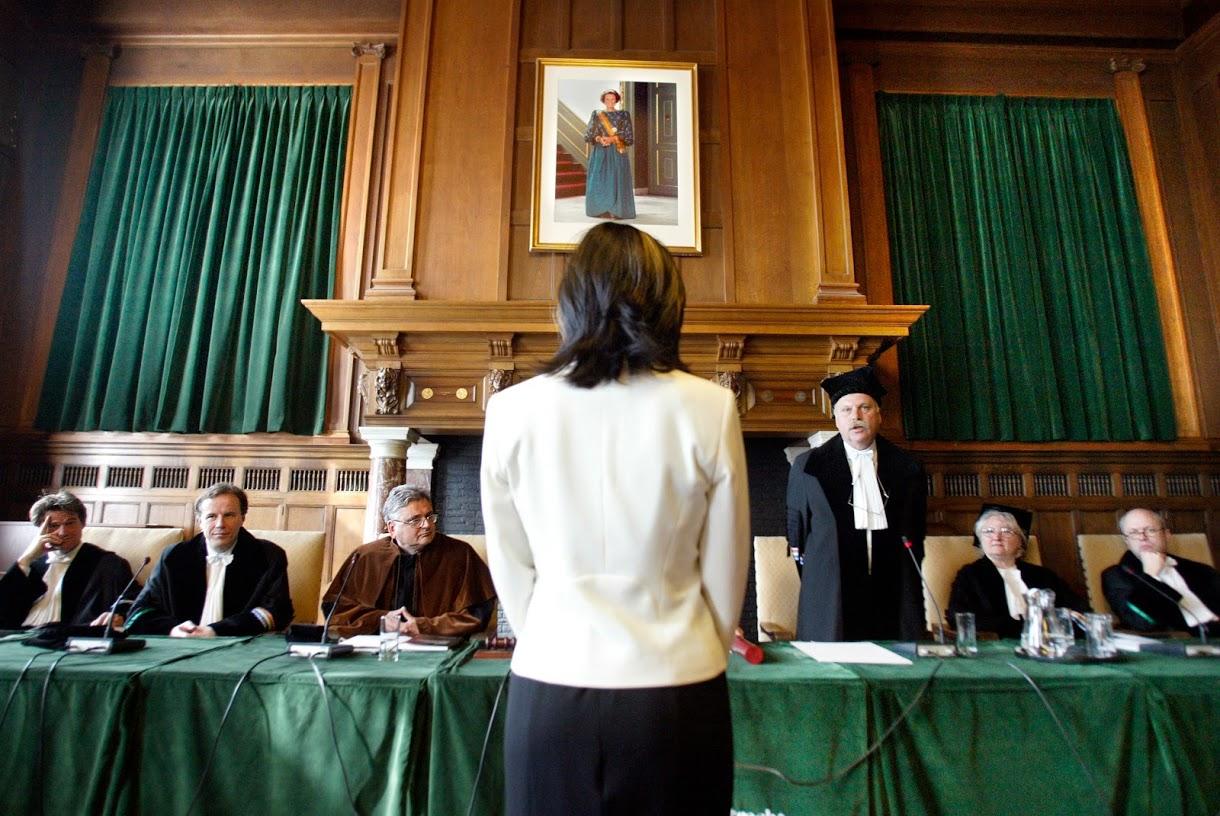Minister Bussemaker: No ‘questionable contracts’ for PhD students

One in seven PhD students will get a ‘questionable employment contract’, the PNN said last month in its yearly report. The working conditions aren’t great – PhD candidates work more hours than stated in their contracts, only receive short-term contracts, or have to settle for part-time contracts.
Not always fulltime, but not constantly worse
Zihni Özdil, member of the Dutch parliament for the GroenLinks party, urged resigning minister Bussemaker to explain. Are things really as alarming as the PNN report suggests? They’re not, she says. “This idea that the working conditions for PhD candidates have gotten worse, is not one I recognize.”
Although it’s true that PhD candidates don’t always get a fulltime contract, and the contracts are often for less than four years, the minister says they’re not ‘questionable’ contracts, as PNN claims. “The three-year contracts are generally a continuation of a (two-year) research master’s or master’s thesis, which provides a basis for further (PhD) research.”
Bussemaker does think universities should ensure the PhD candidates aren’t working substantially more than their assigned hours. But she doesn’t believe that the PhD candidates’ situations are deteriorating. She points out that the number of four-year PhD programs has not changed from the year before.
Doubts about the study
She also has some doubts about the PNN report’s research methods. “The comparison between two years only – 2015 and 2016 – is much too small to draw conclusions from.”
She does stress that it’s important that PhD candidates have realistic labor market prospects, either at or outside of the university, and says she’d like to discuss the topic with PNN and university association VSNU.
Bussemaker contradicts herself
PhD candidates are utterly destroying minister Bussemaker’s responses to parliamentary questions about their employment contracts. They say she contradicts herself, uses wrong data, and makes odd assumptions.
The Netherlands PhD Network (PNN) announced last month that 14 per cent of PhD candidates receives a ‘questionable employment contract’. They have to work overtime regularly, only receive short-term contracts, or have to settle for a part-time contract.
Questionable contracts
The PhD candidates listed their objections. Why does the minister – referring to the PNN report – say that 90 per cent of PhD candidates receives a four-year employment contract? The PNN report clearly says it’s no more than 83 per cent.
The minister is not convinced PhD candidates are actually offered questionable contracts more and more often, as the PNN claims. She says the contracts aren’t questionable at all, and besides, the comparison is only made between data of two years; you can’t claim to spot a trend based on that.
But then she does exactly that, the PNN notices. She says it’s “a step in the right direction” to see so many PhD candidates get a four-year contract, according to the PNN report. If a comparison between two years is not enough to perceive a trend, how can she determine there’s a ‘step in the right direction’ there?
Talk with minister’s successor
Bussemaker also states that three-year contracts, which are sometimes offered in PhD vacancies, are “generally” continuations of two-year research masters. The PhD candidates are unsure what she’s basing that statement on. They looked at the three-year PhD vacancies on vacancy website AcademicTransfer. “A research master is only stated as a requirement in 16.3 per cent of published vacancies.”
GroenLinks will continue to press the issue, MP Zihni Özdil has already announced. The PhD candidates are looking forward to talking to the minister’s successor, the PNN says.